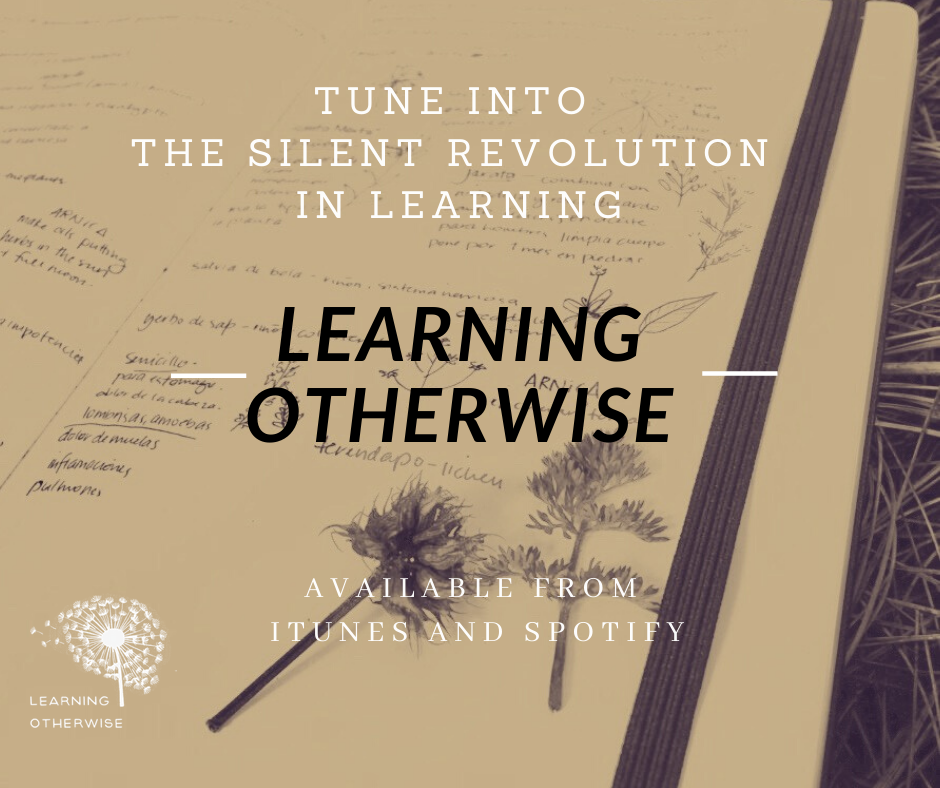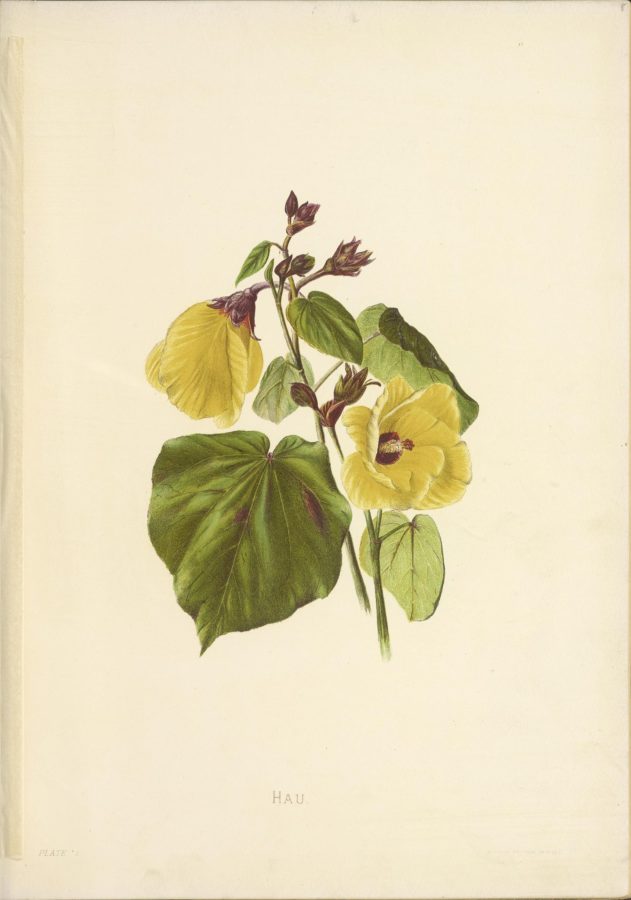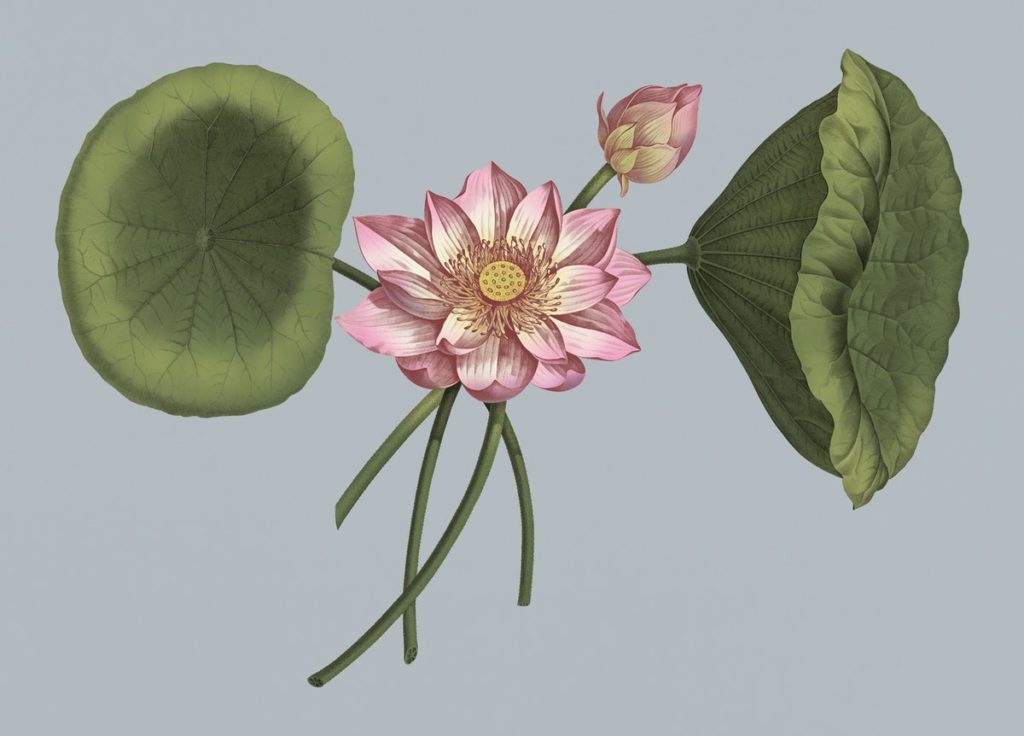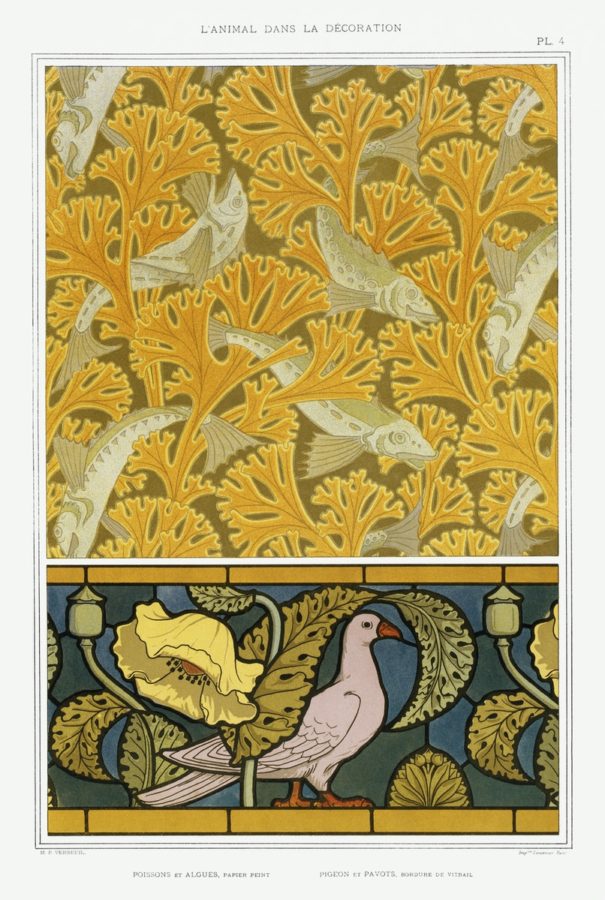
What might Learning look like if it were at the service of our diverse ecologies, cultures and ways of knowing, economies, spiritualities, in our planetary home?
LEARNING OTHERWISE is a journey to explore this question.
LEARNING OTHERWISE makes audible the silent learning revolution happening all around the world offering stories and tools of hope, imagination and possibility that take us beyond this time of multiple crises.
Through monthly conversations with leading practitioners and thinkers re-imagining learning and education, we hear about experiments in learning that are emerging from indigenous communities, social and ecological movements and other sites of innovation, including universities, colleges and schools in all corners of the world.
The podcast series can be accessed through the Ecoversities site here, or else can be dowloaded in Itunes or Spotify.
LEARNING OTHERWISE is hosted by Udi Mandel, one of the co-founders of the Ecoversities Alliance. Like the Ecoversities Alliance, this podcast series weaves a tapestry of voices from around the world that are shaping this new and diverse learning ecology. The conversations in this series are with leading thinkers, practitioners and innovators from all around the world who share their stories, ideas and insights on how they are and we can all transform learning and our educational institutions for all our mutual flourishing.A forerunner to this podcast series, which tied together some of the initial strands of the Ecoversities Alliance, was the Enlivened Learning project, which produced (and is still producing) a series of collaborative films (Re-learning the Land: A Story of Red Crow College and Re-learning Hope: A Story of Unitierra) and includes a rich archive of wonderful interviews with education leaders from around the world. Some of these interviews have been edited and are also being offered as part of this series.

Our first conversation in this series is with Kū Kahakalau, a native Hawaiian educator, researcher, cultural practitioner, grassroots activist, song writer, and expert in Hawaiian language, history and culture. Since the mid 90s Ku has led the Hawaiian-focused education movement. Ku shares more with us in this conversation about the Pedagogy of Aloha which promotes the revitalization of Hawaiian values along with language and culture, hands-on learning in the environment, community sustainability, food sovereignty and Hawaiian self-determination in education and beyond. In this conversation Ku describes the origins and principles of Pedagogy of Aloha, and its rootedness in the experience of Native Hawaiians’ defiance of Western imposed educational models and the reconnection with their own values and orientations. Ku also engages with the broader question of the contemporary crisis in education (in schools and universities) and of the specific challenges native Hawaiians and indigenous peoples have faced whilst being at the receiving end of a colonial, western-imposed educational system. The conversation also explores the relevance of the pedagogy of Aloha beyond Hawaii, and what it means to reconnect to indigeneity wherever we are from.

Manish Jain and Swaraj University (ep.2)
In this podcast we talk to Manish Jain, one of the strong planetary voices for de-schooling our lives and also one of the co-founders of the Ecoversities Alliance. Manish has served for the past two decades as coordinator and co-founder of Shikshantar: The Peoples’ Institute for Rethinking Education and Development based in Udaipur, India, and is co-founder of Swaraj University, which we visited as part of the Enlivened Learning journey. Manish is also co-founder of the Learning Societies Unconference, Udaipur as a Learning City, and the Jail University in Udaipur. In this conversation Manish talks about his work with Swaraj University. We learn about the meaning of the concept and practice of Swaraj, or self rule, and its deep roots in Indian thought and history. Embodying Gandhi’s call for decolonization and independence, Manish here discusses the need to deepen this struggle into the realm of higher education and its forms of knowledge, and also to rid ourselves from the diploma disease. This in turn allows for other ways of learning, knowing and being to emerge that are rooted in place and which also better prepare us for the multiple crises we face today. This interview took place in Udaipur in 2013 during a visit to Swaraj University. We sat with Manish on a rooftop overlooking the city as the sun was setting.

In this podcast we talk to Karim-Yassin Goessinger, founding director of the Cairo Institute of Liberal Arts and Sciences (CILAS) where he has taught courses in the Humanities and Social Sciences. Karim has lectured in Sociology at the American University in Cairo introducing students to the sociology of space and gender. As an anarchist educator and scholar-activist based between Cairo, Egypt and elsewhere, he has combined his academic background in philosophy and urbanism with body-based practices, including Qi Gong and tea drinking. In this conversation Karim describes the emergence of the Cairo Institute of Liberal Arts and Sciences, CILAS in the ferment of post-revolution Egypt. He explains how the Institute is rooted in and in conversation with the local urban, cosmopolitan context of historic Cairo. The innovative pedagogies of the Institute as it dialogues with this urban context is explained. Karim also narrates the broader crisis facing academia in Egypt, the region and globally and speaks to the relevance of CILAS and Liberal arts education to the present historical moment. Along the way we also get to talk about transition from the ivory tower to the pigeon tower, and the pedagogy of tea.


